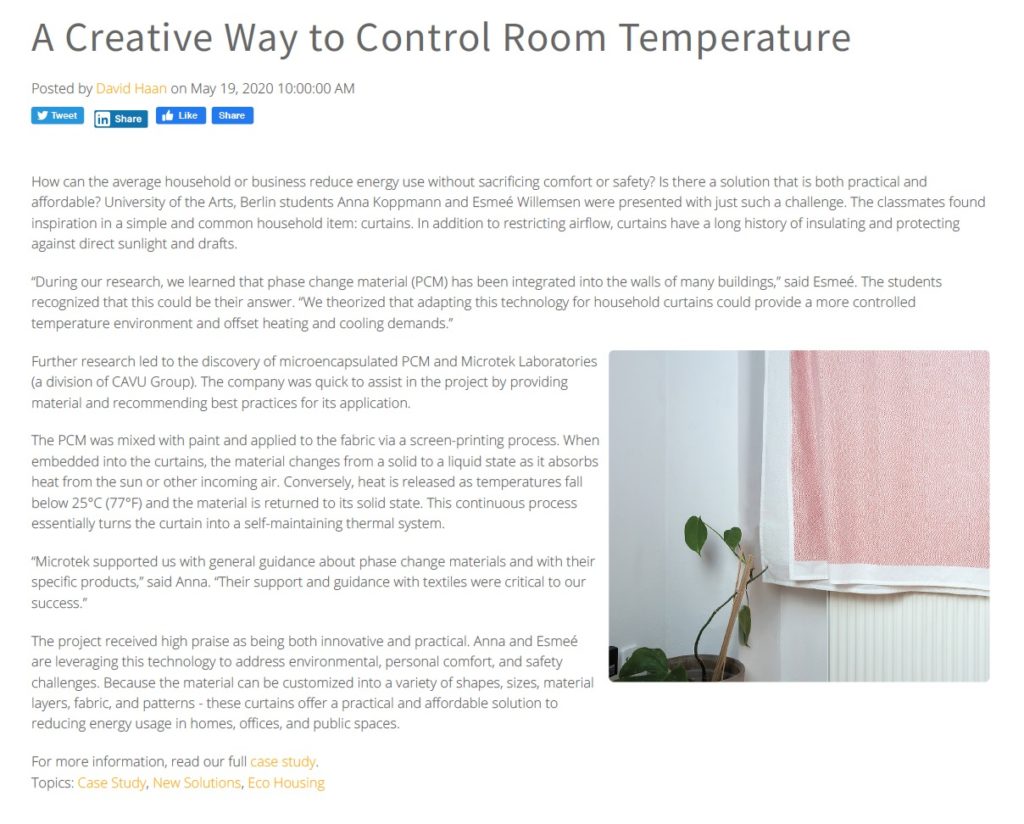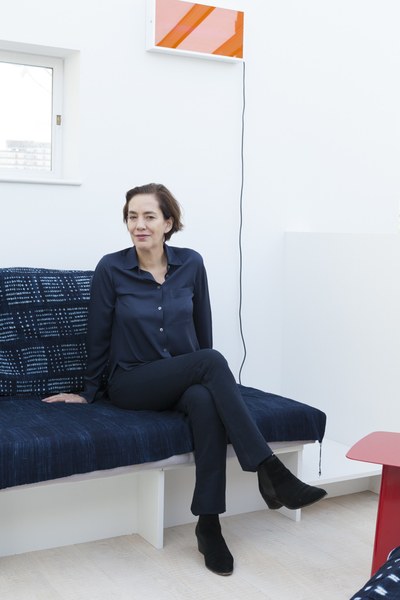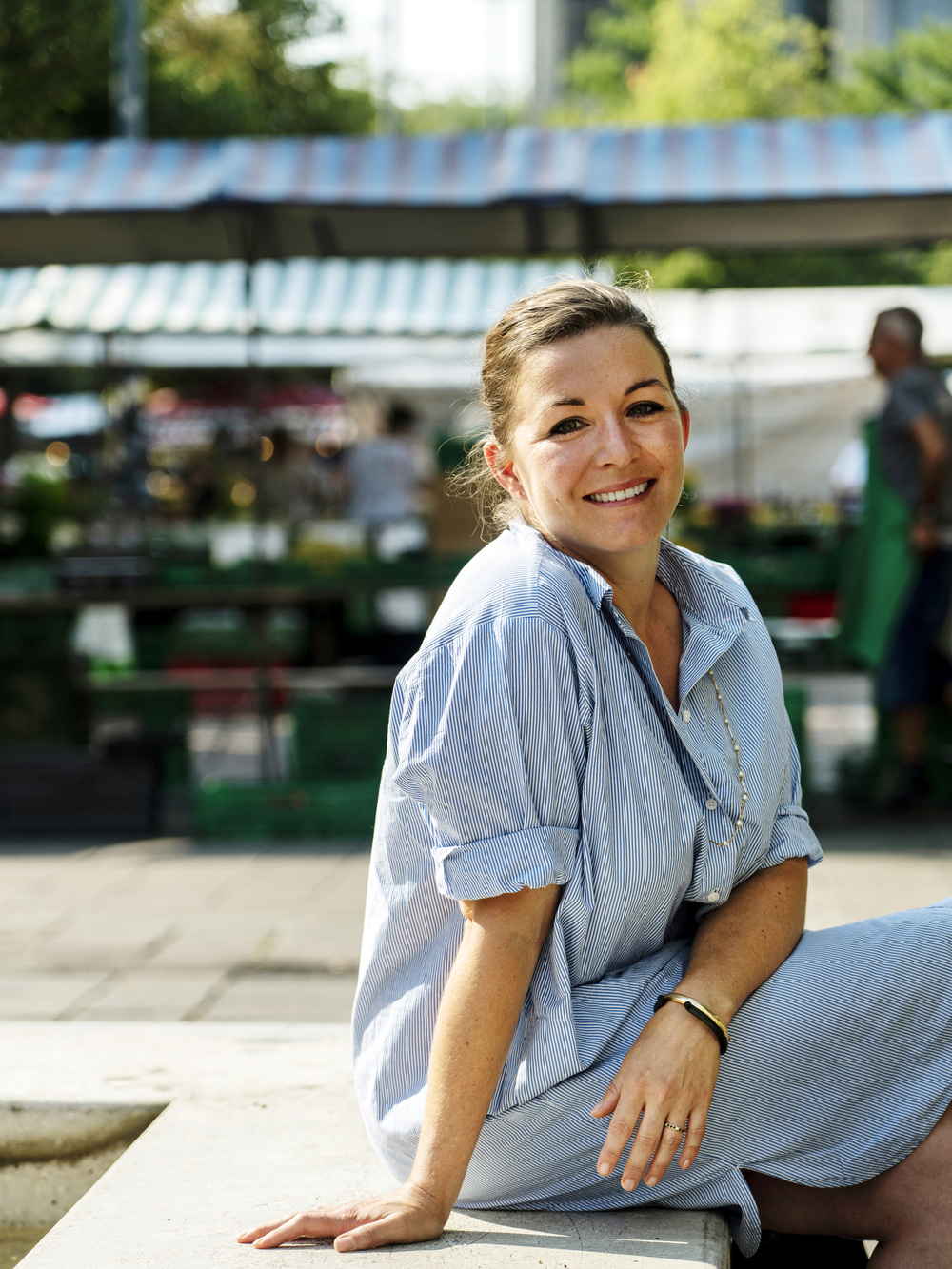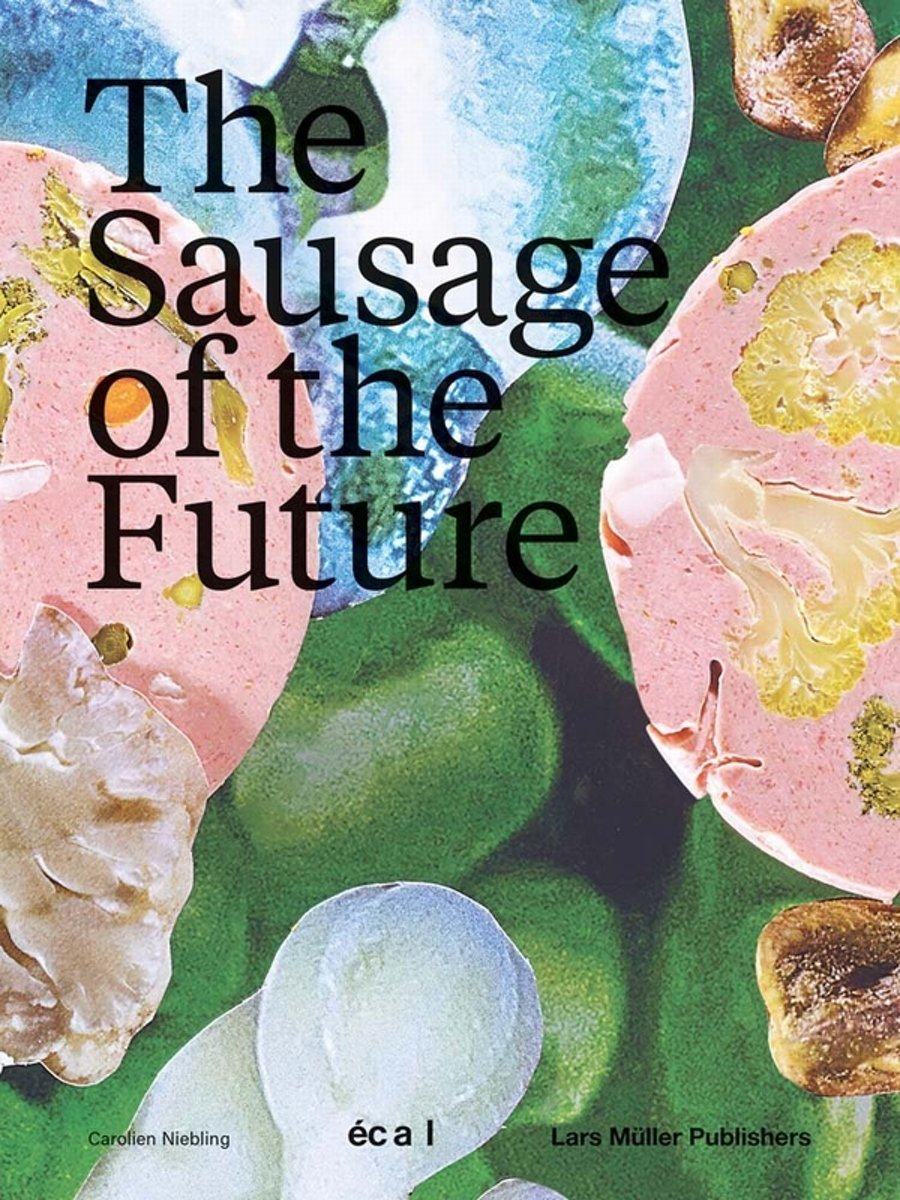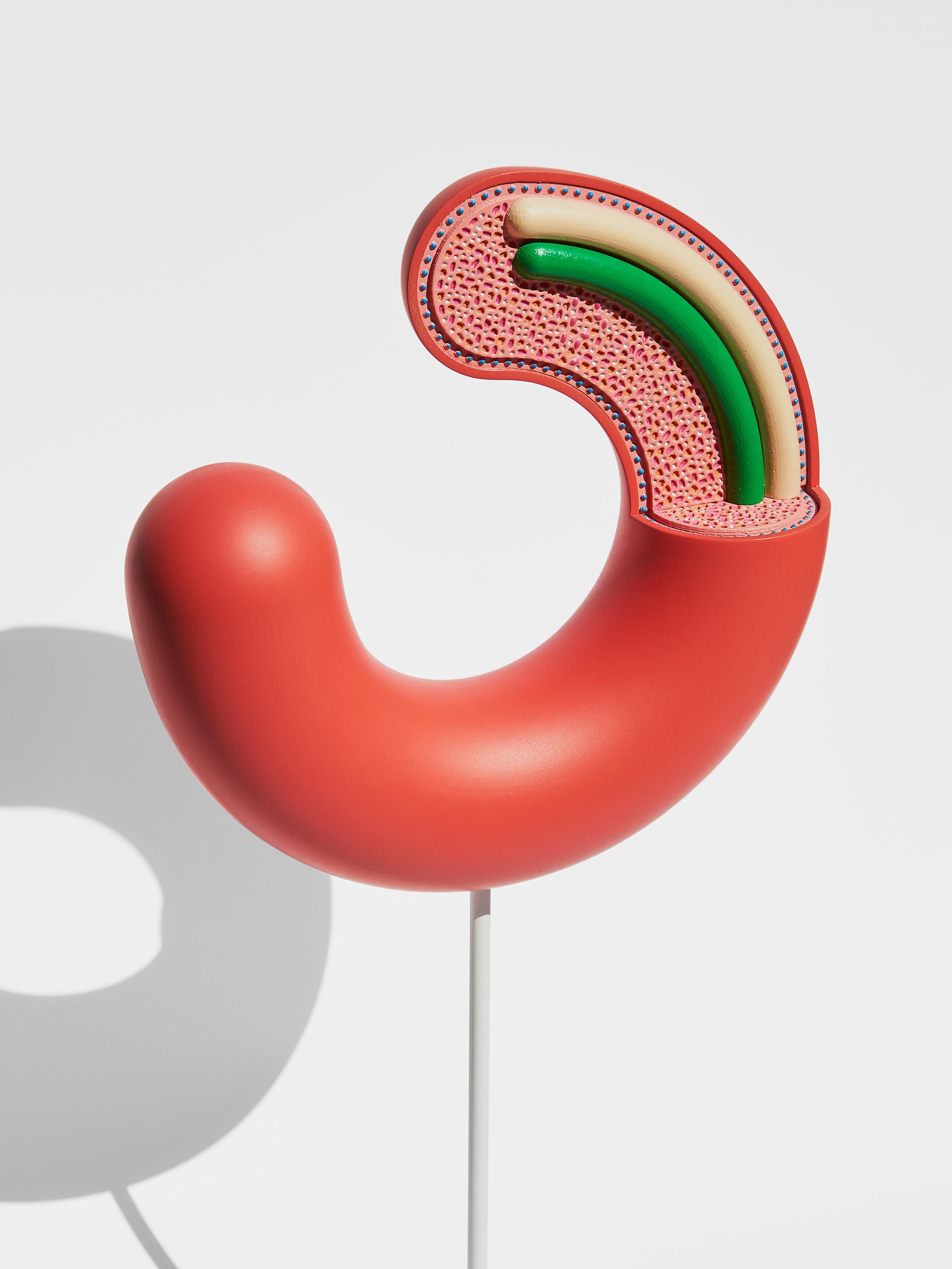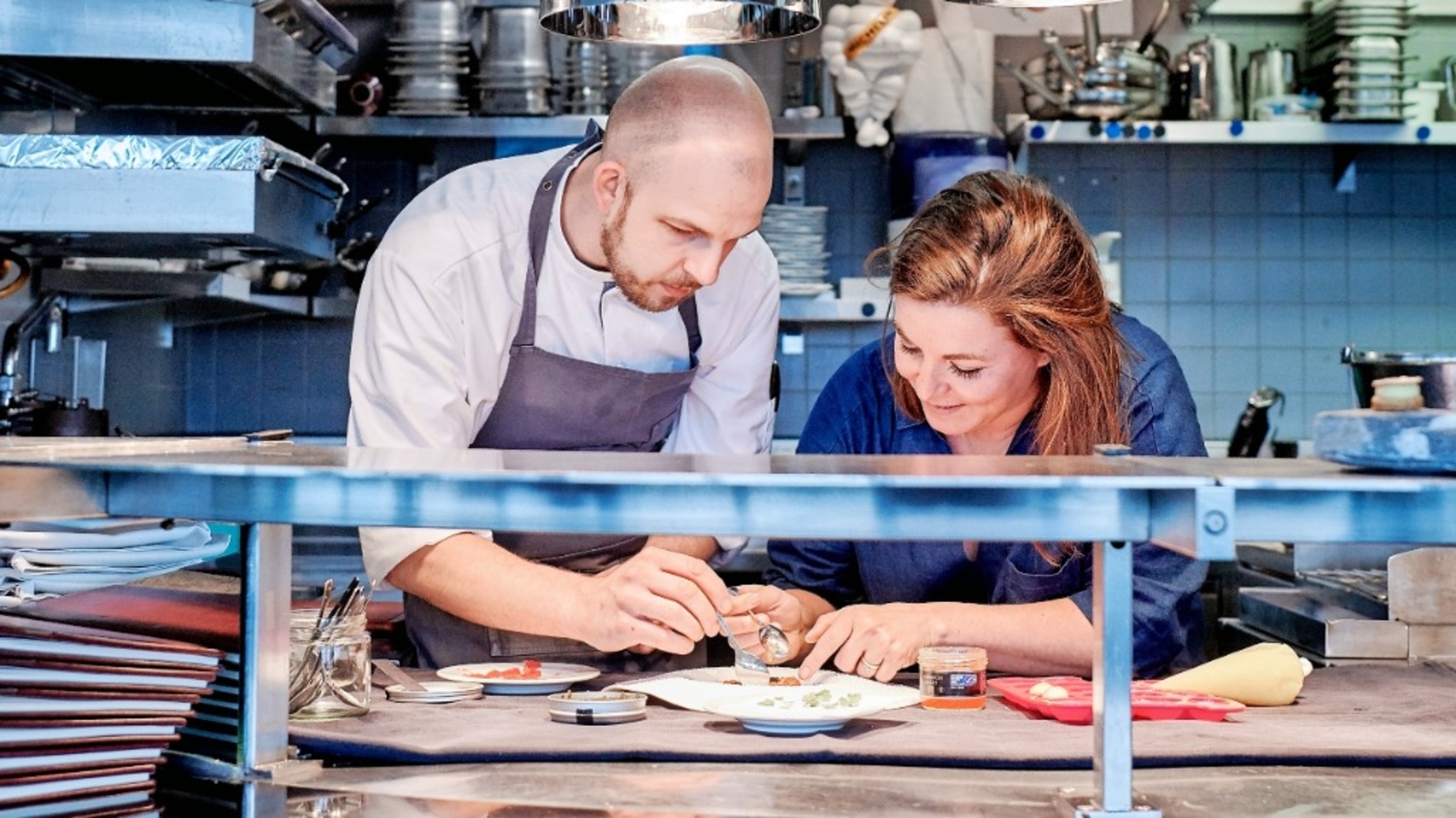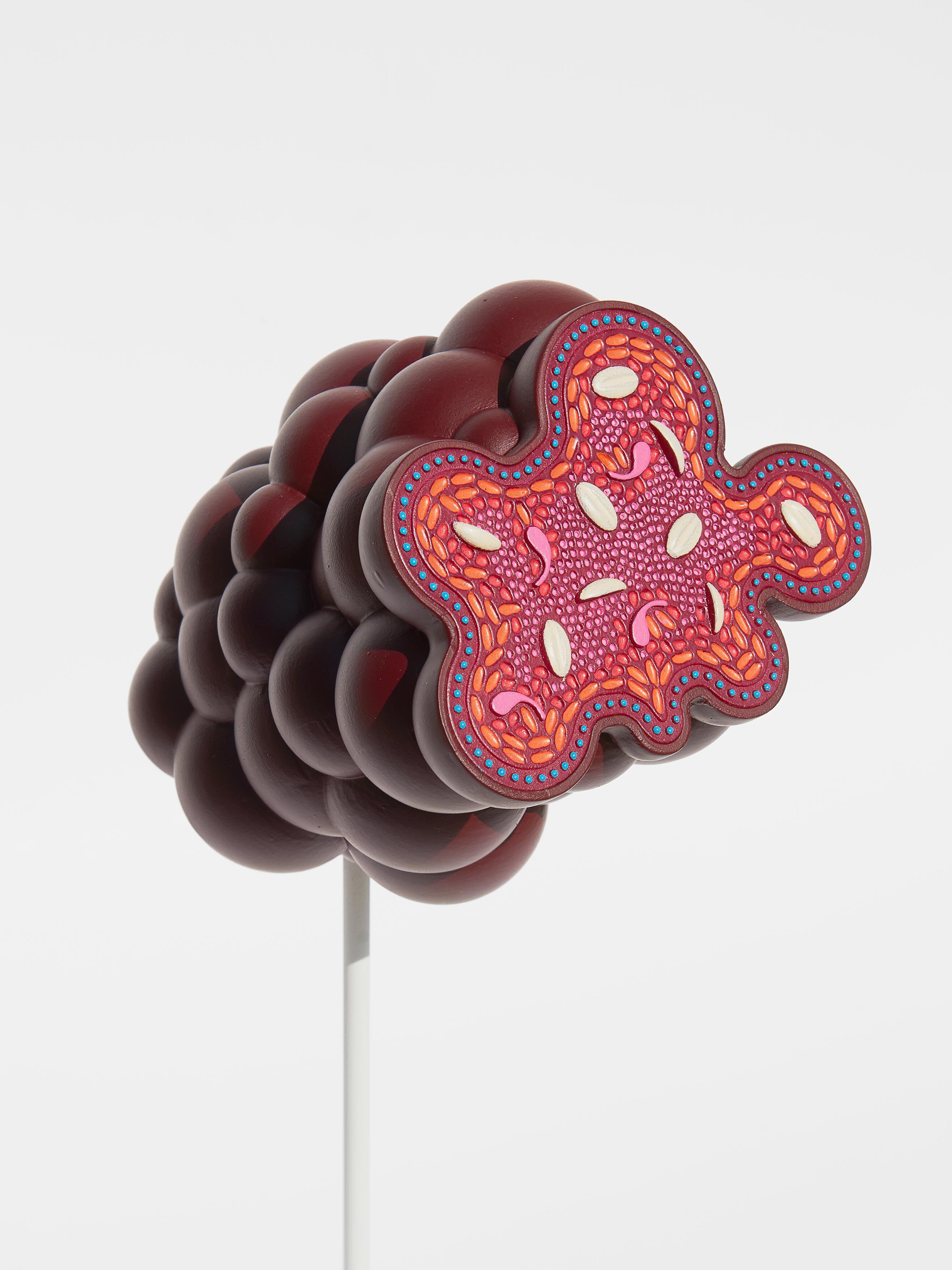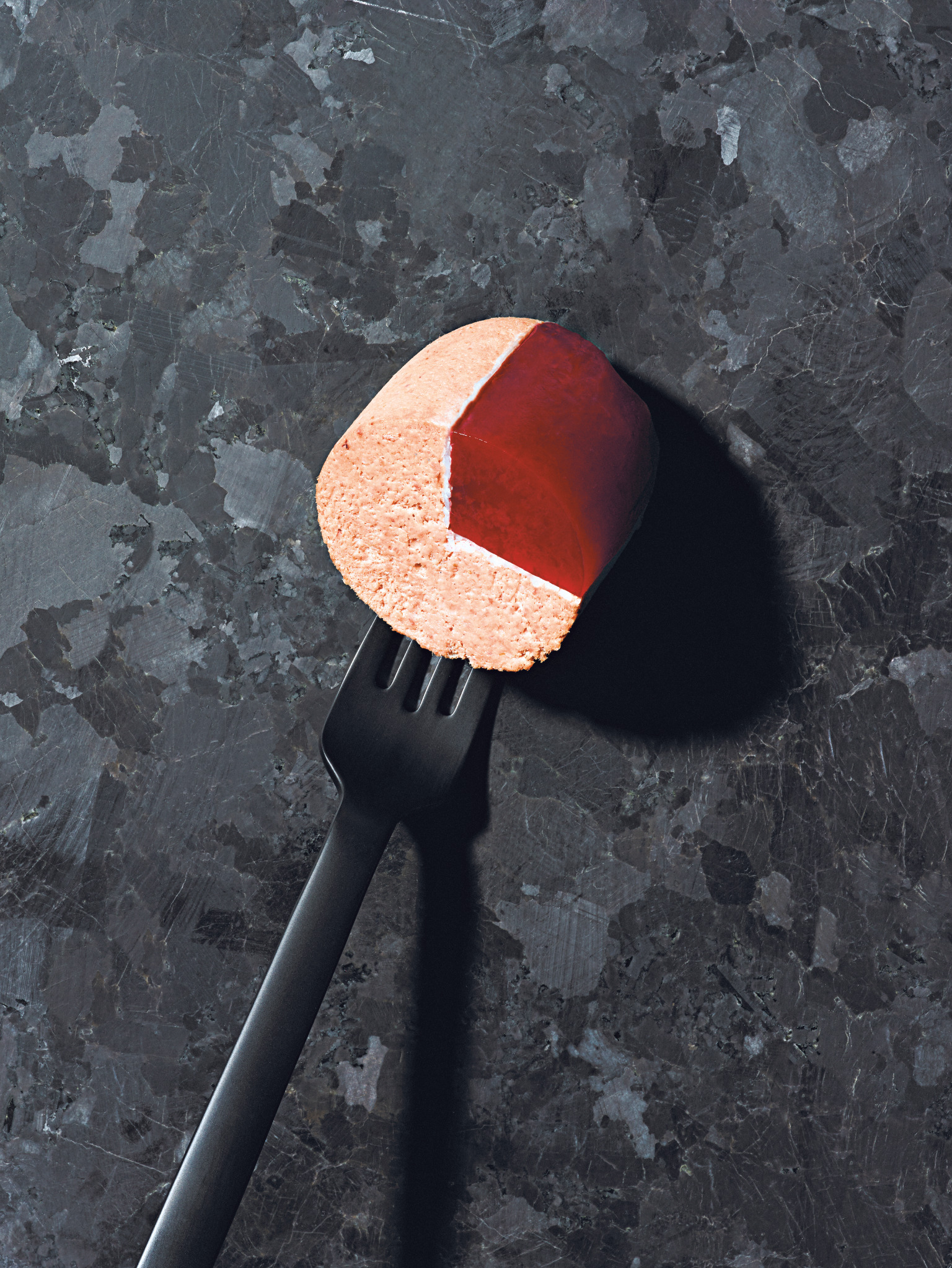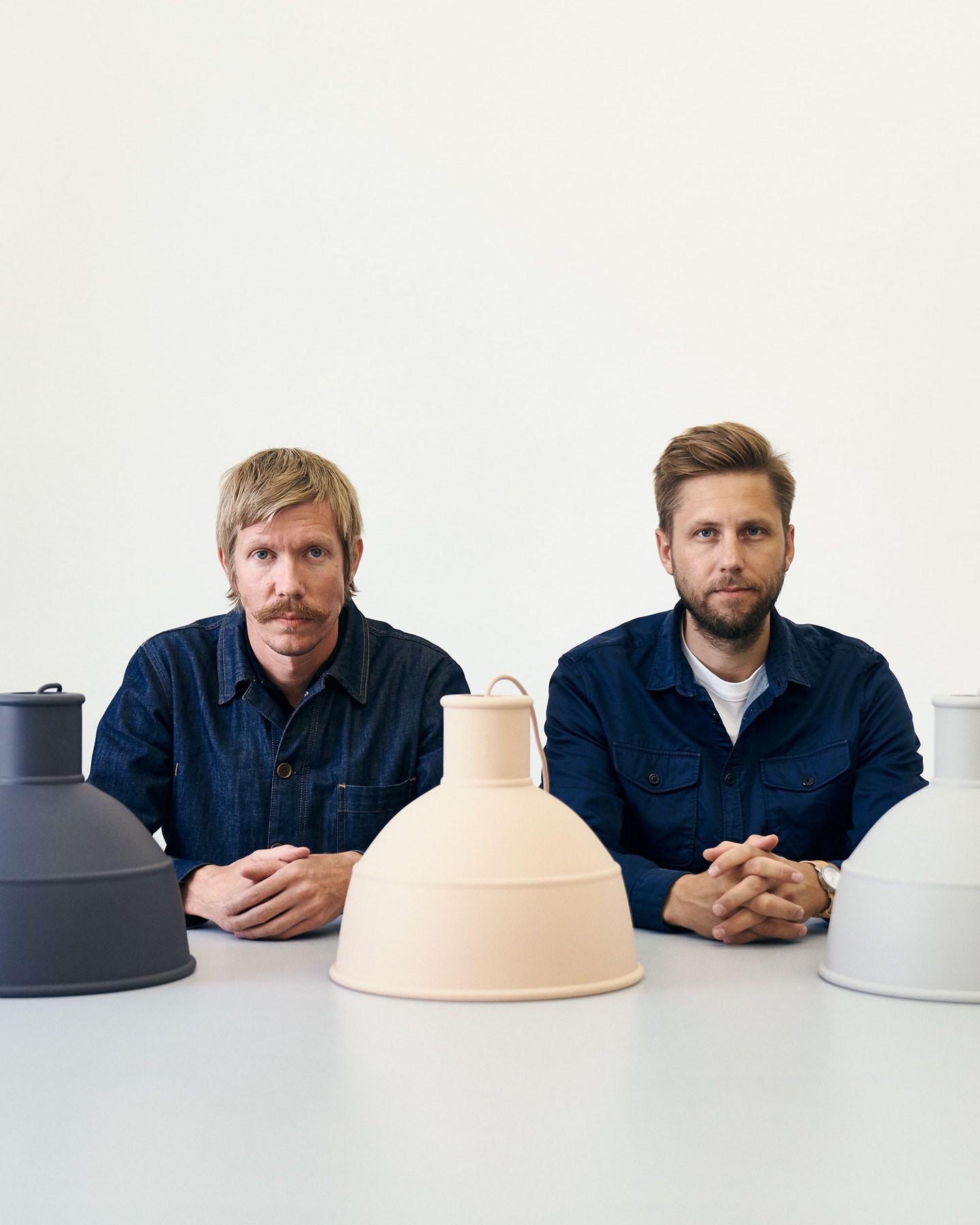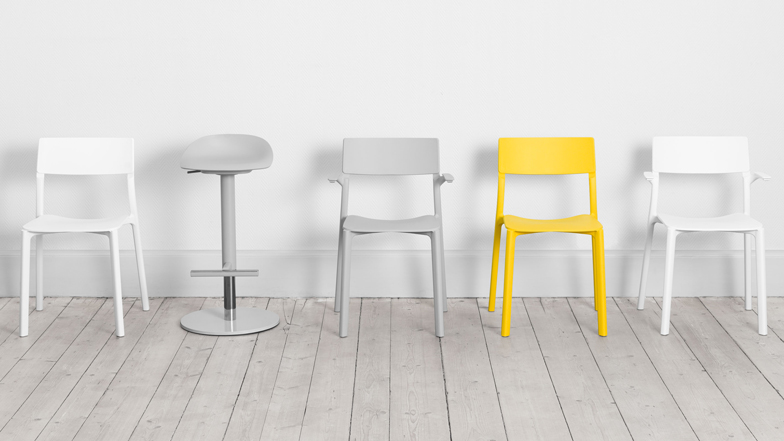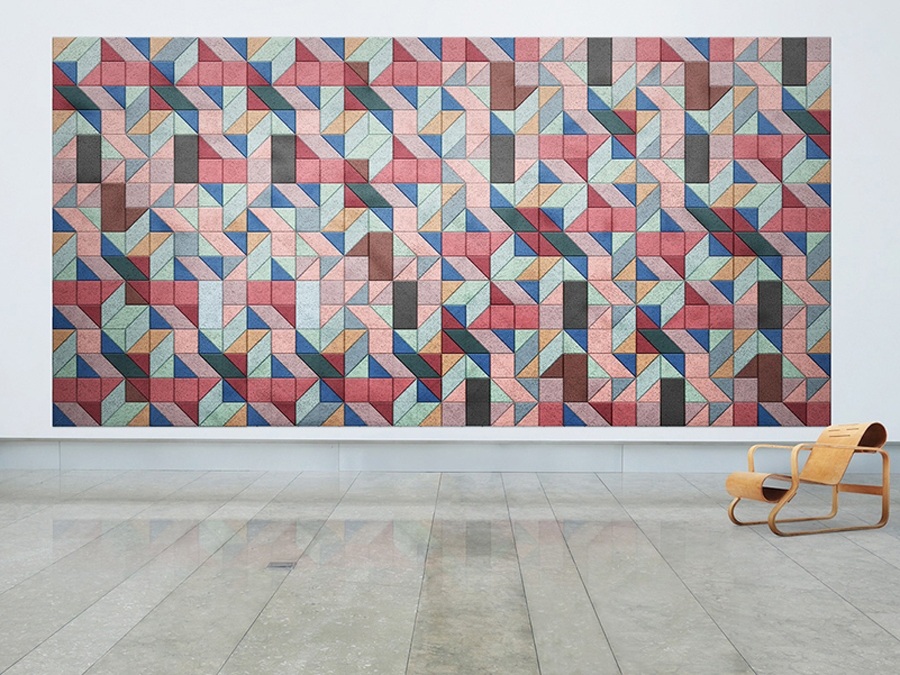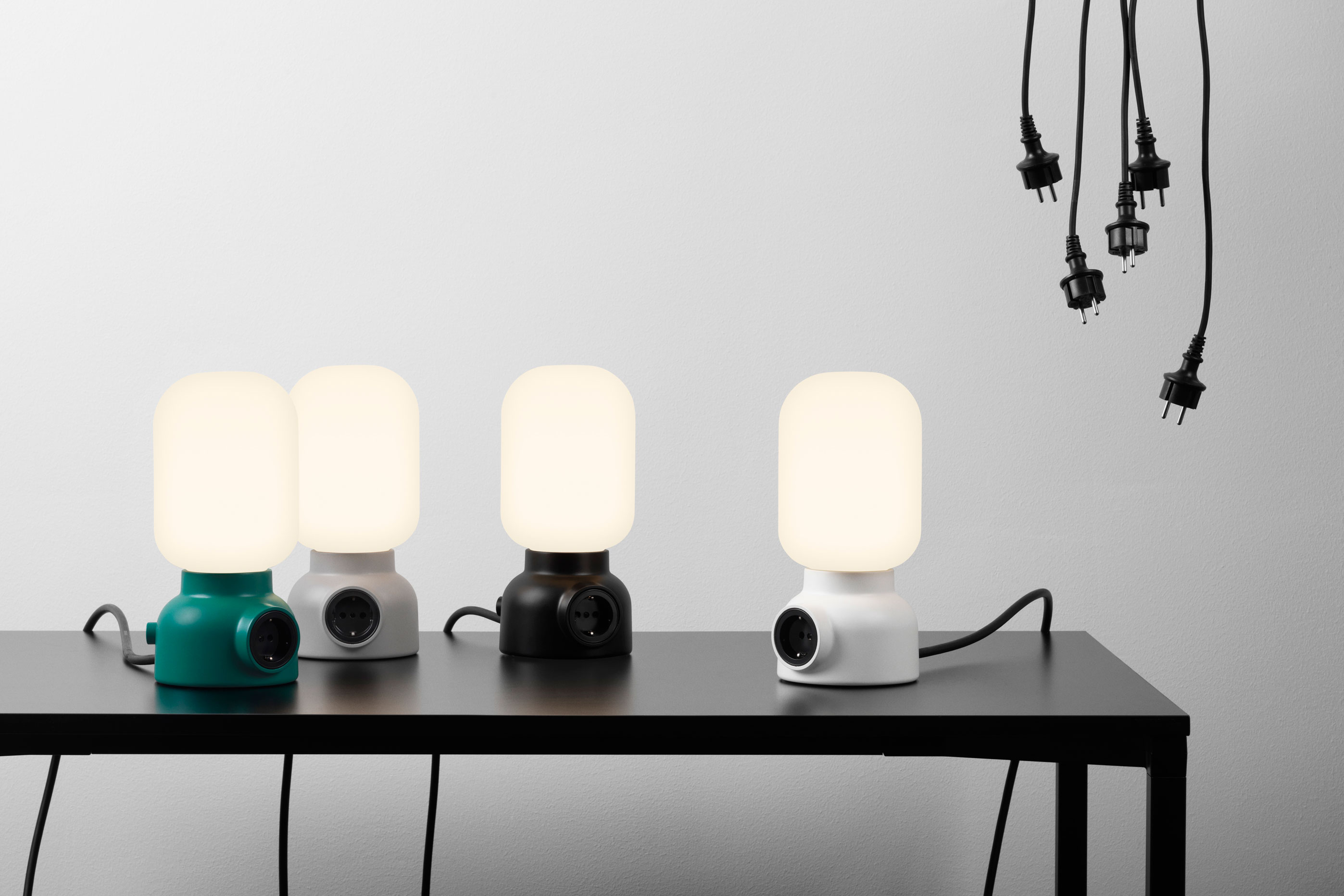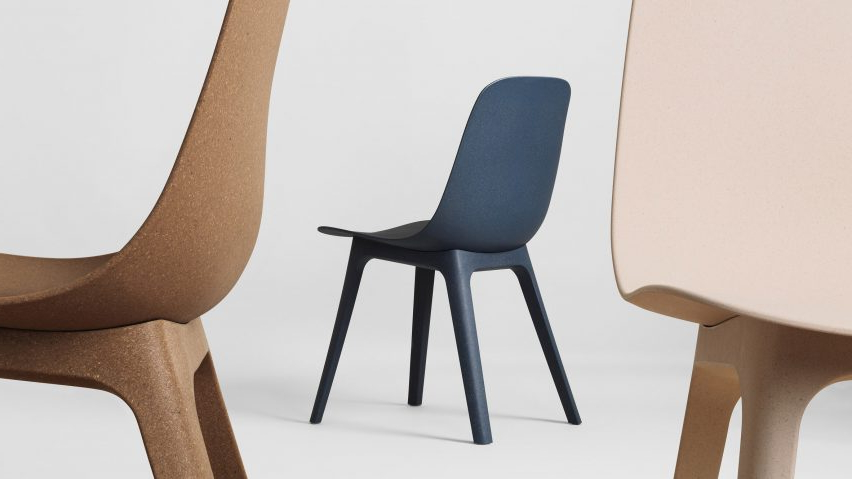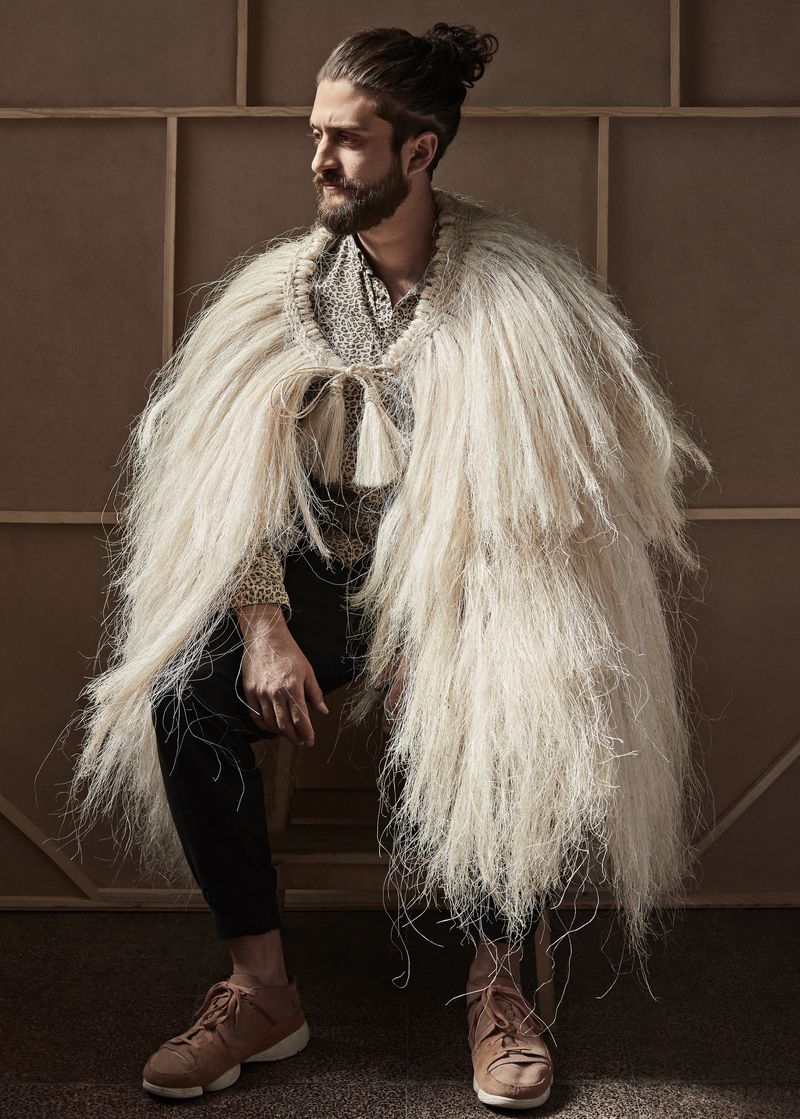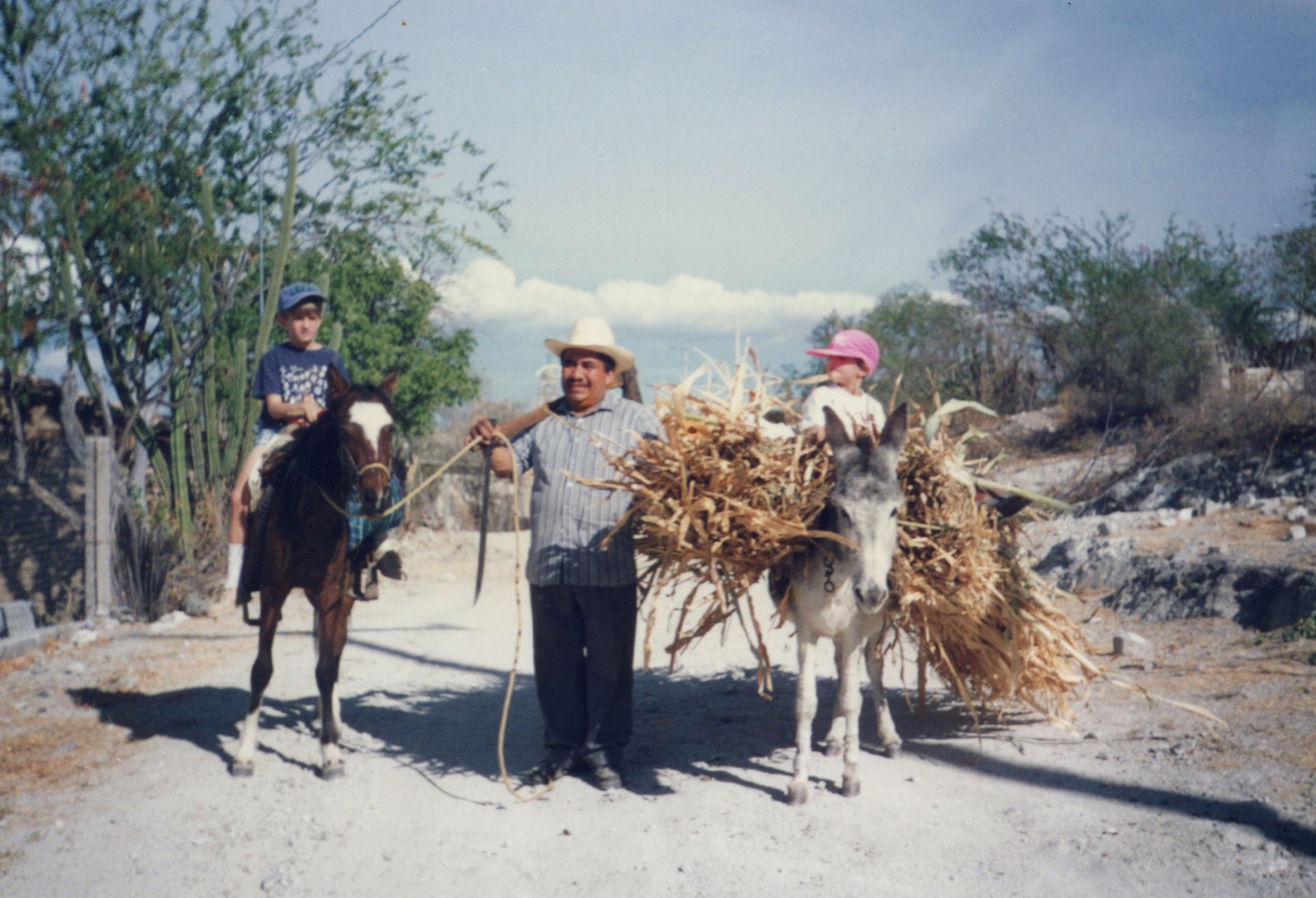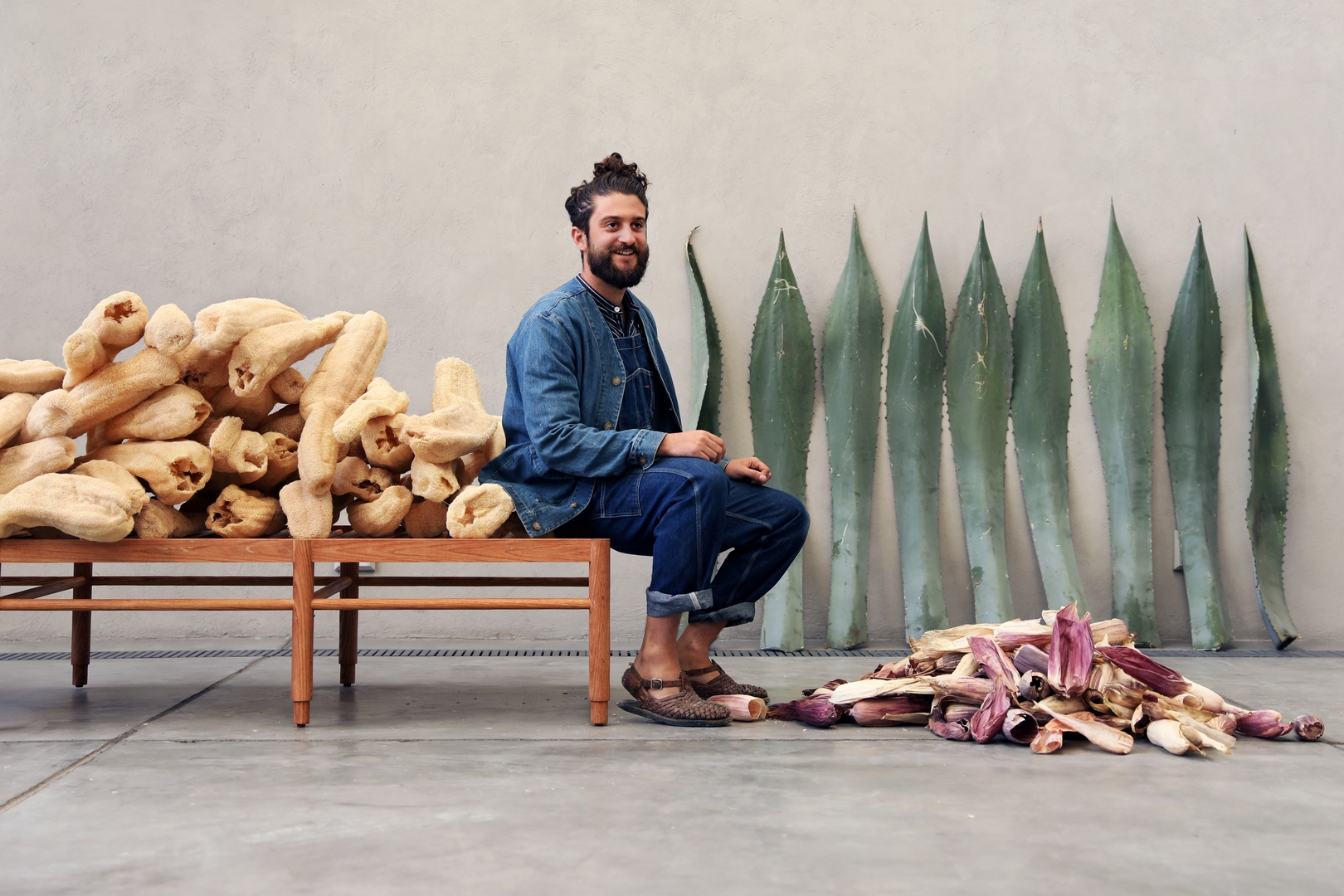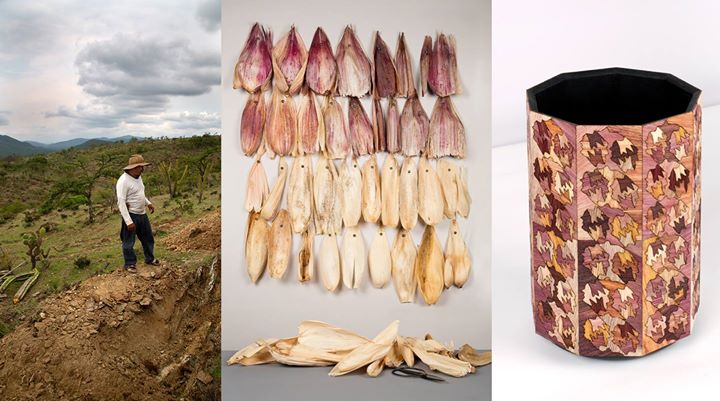Eine Ausstellung von Künstler*innen und Wissenschaftler*innen
der Fakultät Gestaltung der UdK Berlin, in der sie ihre Forschungsarbeiten der letzten Jahre präsentieren
Ungovernable Ingredients
Die Ausstellung nimmt die wachsende Liste an „unregierbaren Zutaten“ in den Blick, die in der zeitgenössischen künstlerischen Praxis von immer entscheidenderer Bedeutung sind. Mikroorganismen, Gefühle, Konflikte oder auch Tiere gesellen sich zu altbekannten Medien wie Licht, Video oder Tonmasse hinzu. Lebewesen, neue Sprachen, Gemeinschaften und eigensinnige Materialien bereichern mit ihren unkontrollierbaren Qualitäten künstlerische und Forschungsprozesse, in denen sie mitarbeiten, zur Quelle politischen Widerstands werden oder, wie das Salz in der Suppe, den entscheidenden Unterschied machen.
Mit Beiträgen von Maciej Chmara, Manja Ebert, Işıl Eğrikavuk, Annika Haas, Anita Jóri, Anna Kokalanova, Lilli Kuschel, Gosia Warrink.
Open:
18. dez. 2024, 18 – 23 u, Vernissage
19. dez. 2024, 14 – 22 u
20. dez. 2024, 14 – 22 u, Finissage
Programm
18. Dezember
– 18 Uhr Eröffnung Ungovernable Ingredients
– 20 Uhr, Maciej Chmara: Multisensorial bread experience
19. Dezember
– 19 Uhr, Anna Kokalanova: Inauguration Ceremony: School of Impermanence
20. Dezember
– 15 Uhr, the other garden: Tea Session
– 17 Uhr, Annika Haas: Alphabets as Infrastructures of Feelings, a Writing Workshop
– 20 Uhr, Anita Jóri aka DJ NittNo: A vinyl-only listening set
Adresse
Silent Green – Betonhalle
Gerichtstraße 35
13347 Berlin
An exhibition of artists* and scientists* from the Faculty of Design at the UdK Berlin, presenting the work they have been researching on over the last years
Ungovernable Ingredients
The exhibition sheds light on the expanded set of ingredients that have become critical to contemporary artistic practice. These include micro-organisms, feelings, conflict and animals, alongside long-familiar media such as light, video, and clay. Living beings, new languages, communities, or strange materials are invited into artistic and research processes for their ungovernable qualities and become co-creators, a source of political resistance, or the crucial pinch of salt.
With contributions by Maciej Chmara, Manja Ebert, Işıl Eğrikavuk, Annika Haas, Anita Jóri, Anna Kokalanova, Lilli Kuschel, Gosia Warrink.
Open:
18 dec. 2024, 18 – 23 h, Vernissage
19 dec. 2024, 14 – 22 h
20 dec. 2024, 14 – 22 h, Finissage
Program
18 December
– 18 h, opening Ungovernable Ingredients
– 20 h, Maciej Chmara: Multisensorial bread experience
19 December
– 19 h, Anna Kokalanova: Inauguration Ceremony: School of Impermanence
20 December
– 15 h, the other garden: Tea Session
– 17 h, Annika Haas: Alphabets as Infrastructures of Feelings, a Writing Workshop
– 20 h, Anita Jóri aka DJ NittNo: A vinyl-only listening set
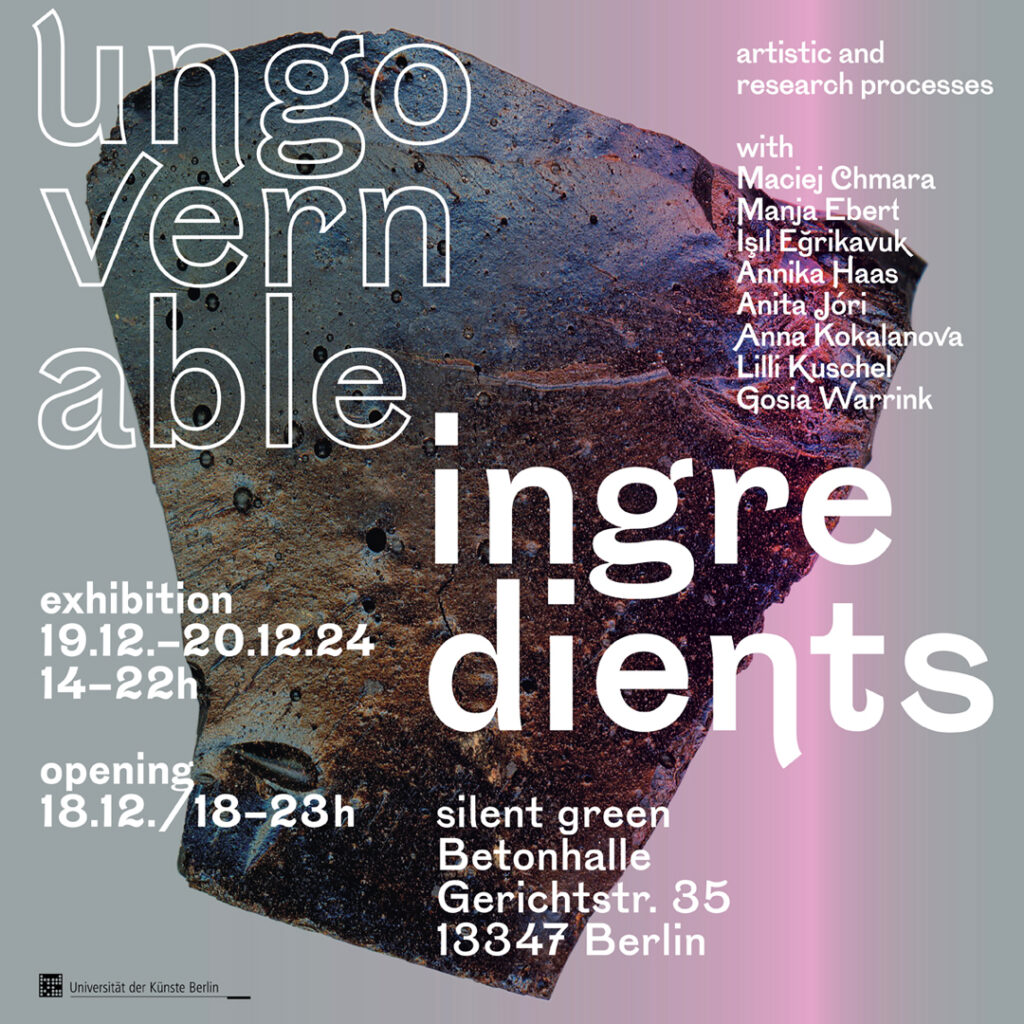
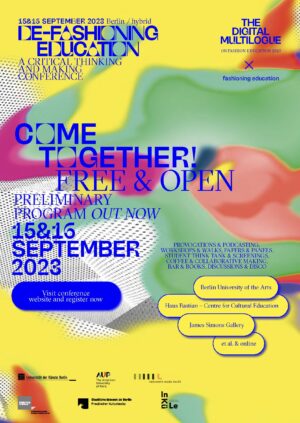
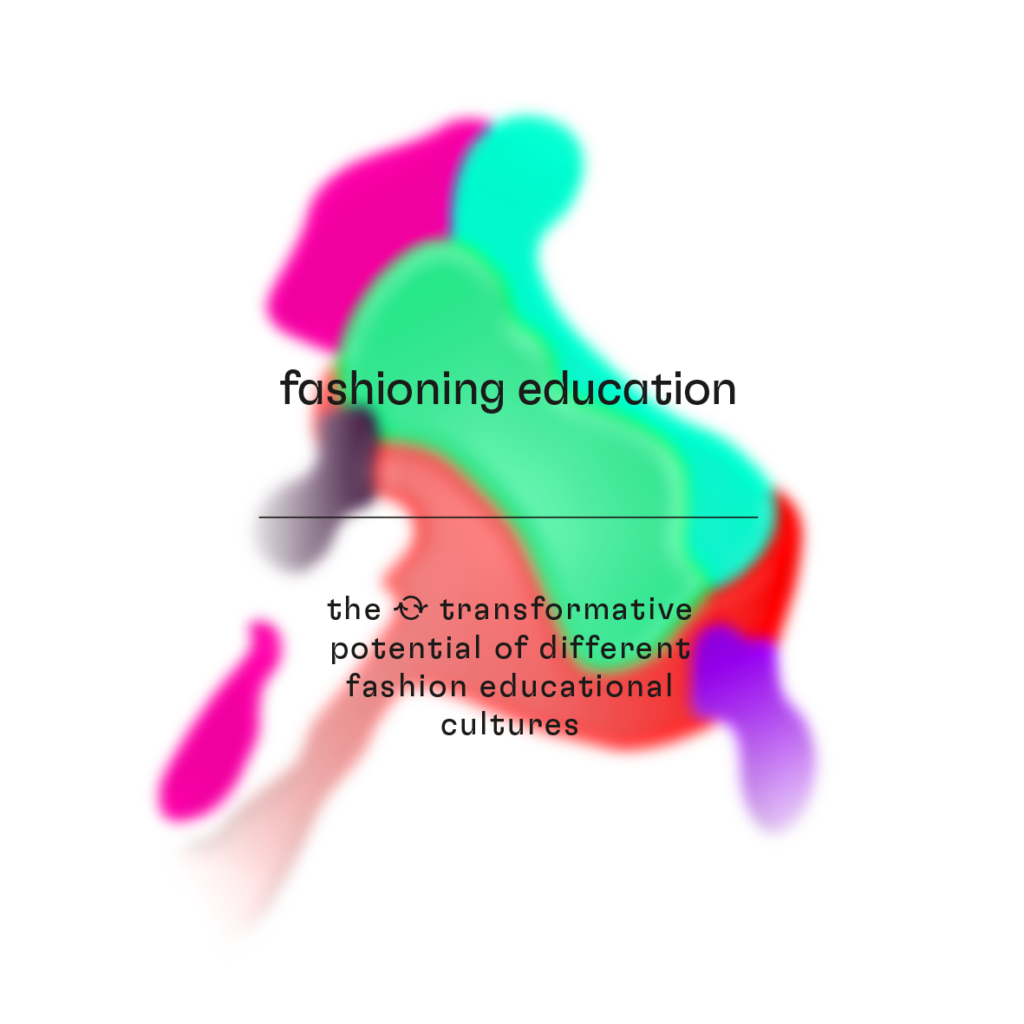 fashioning education
fashioning education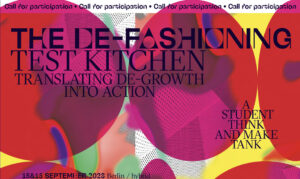
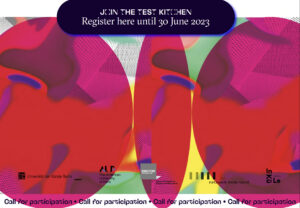
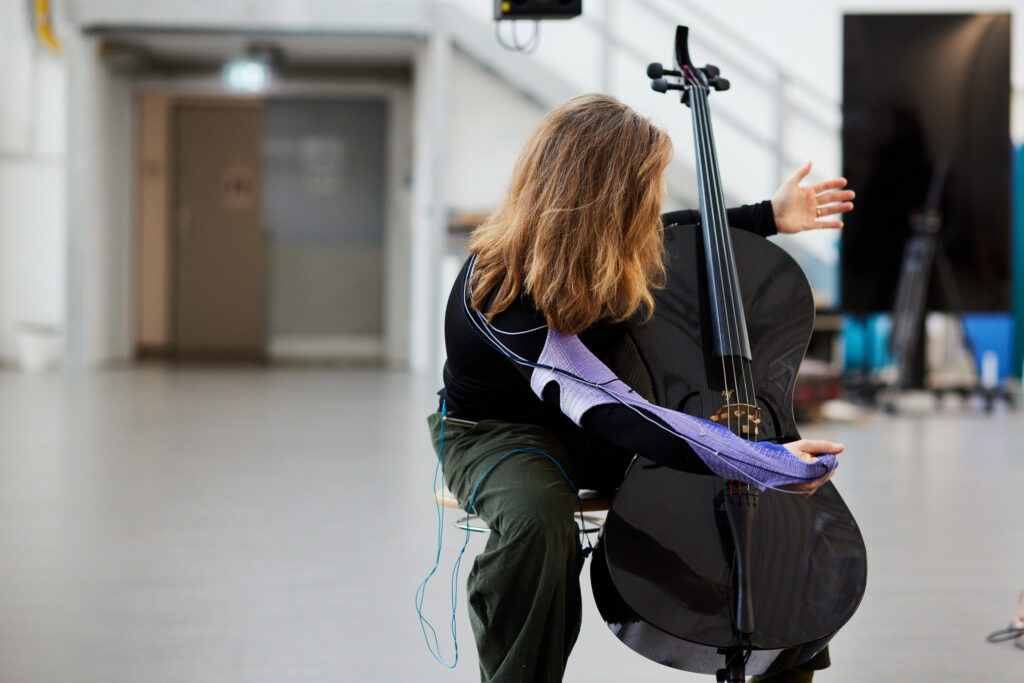
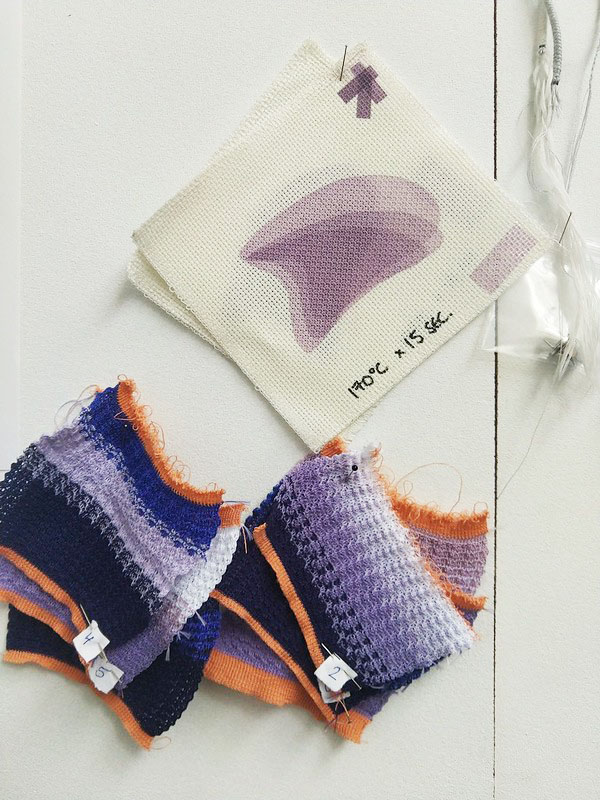

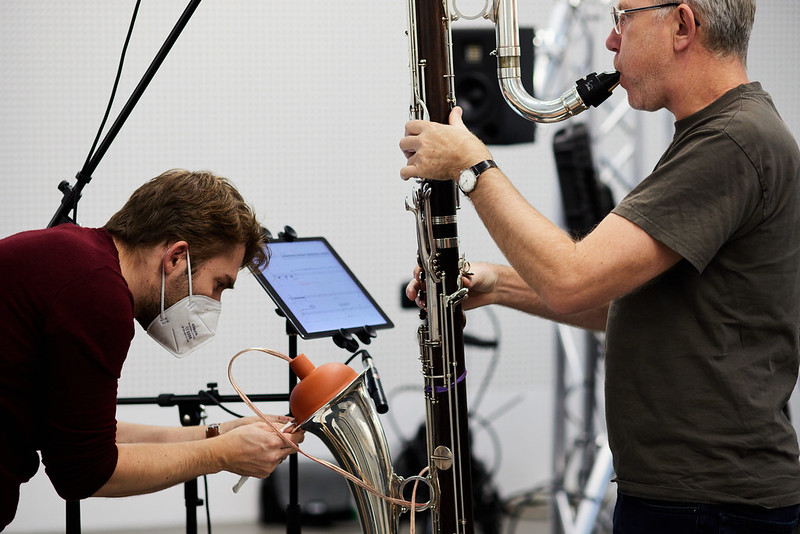

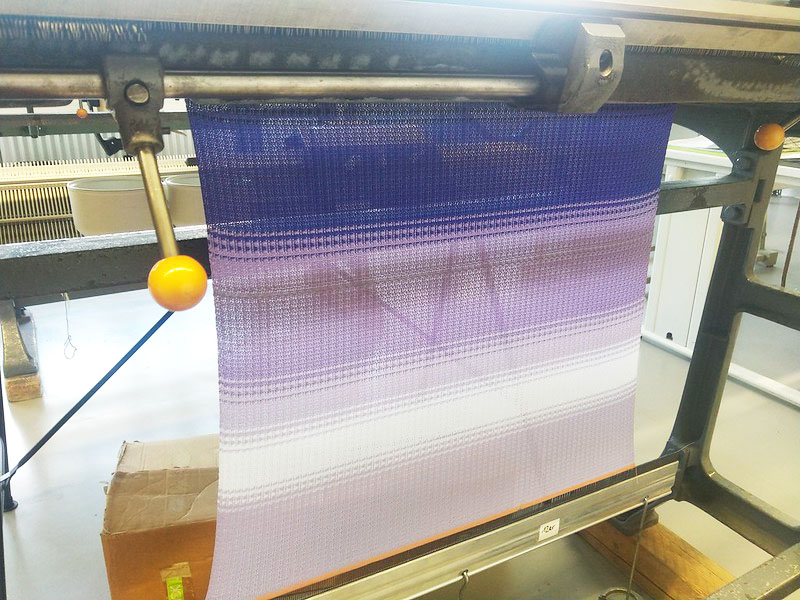

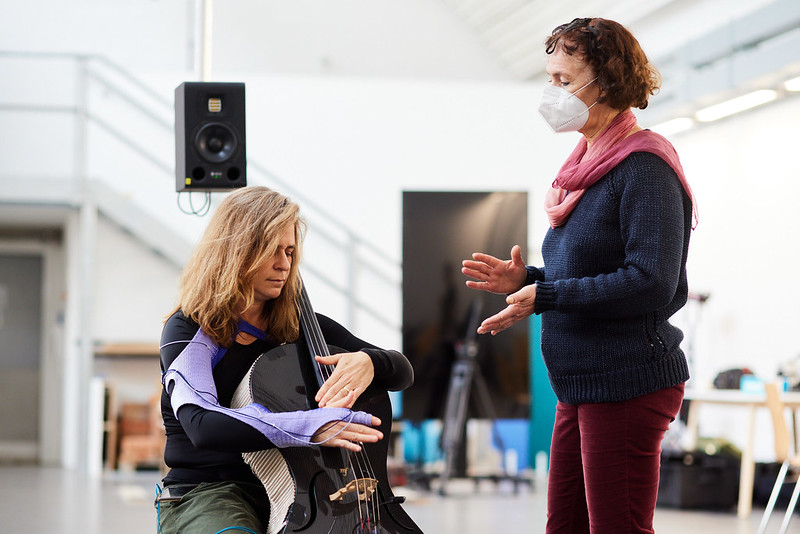

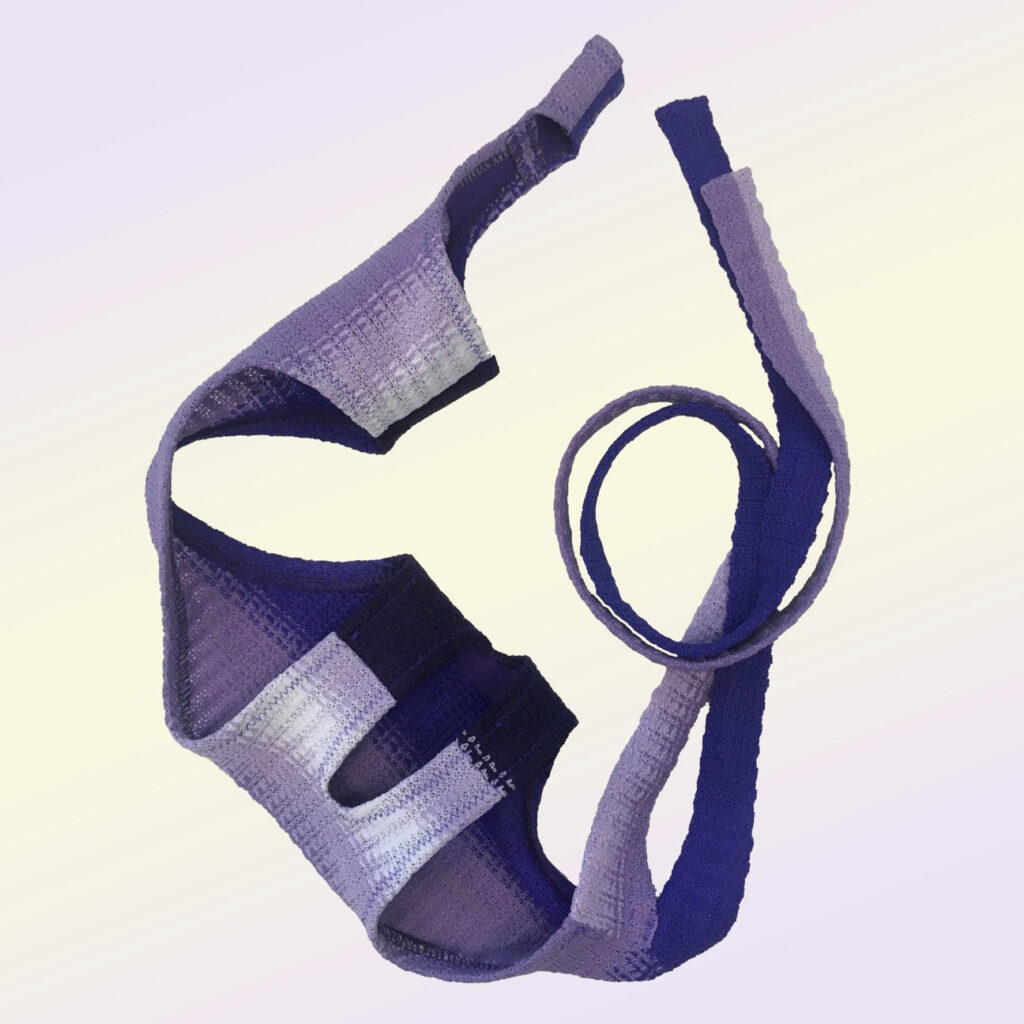

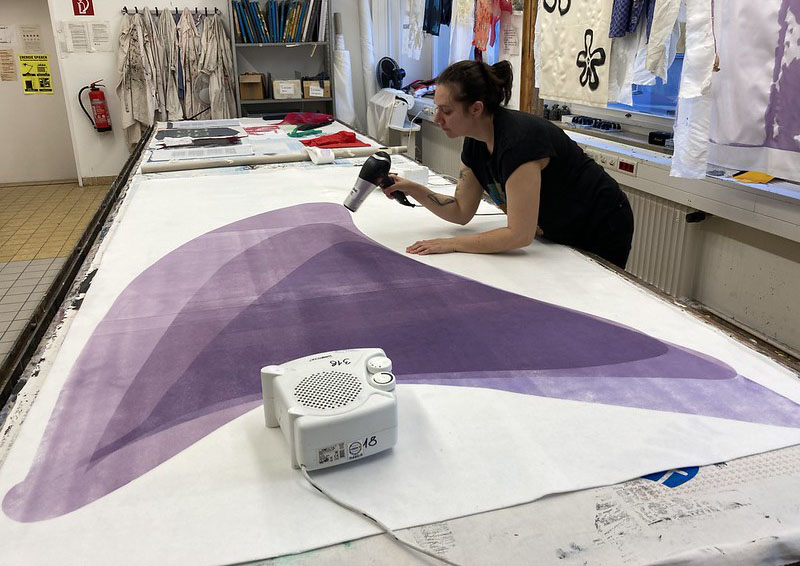

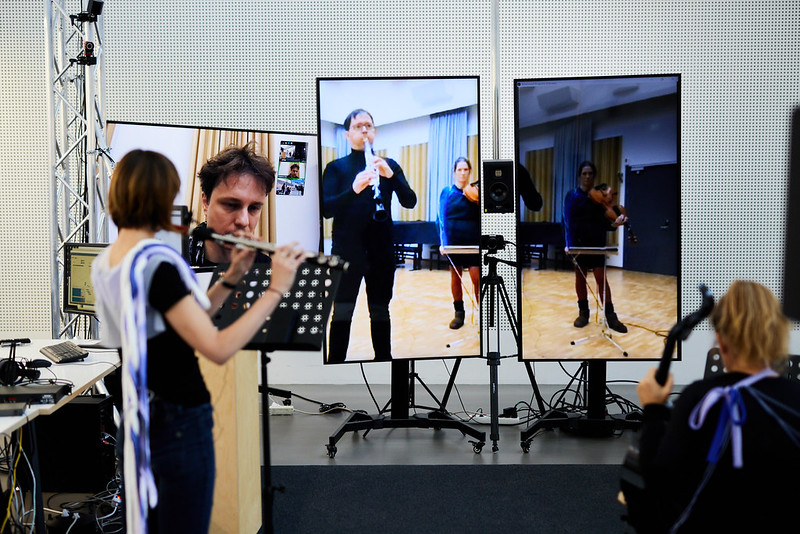

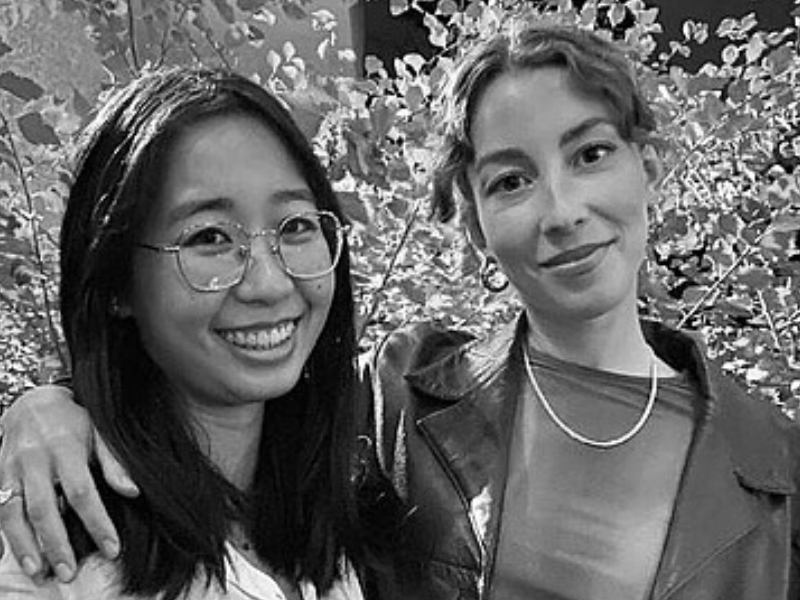
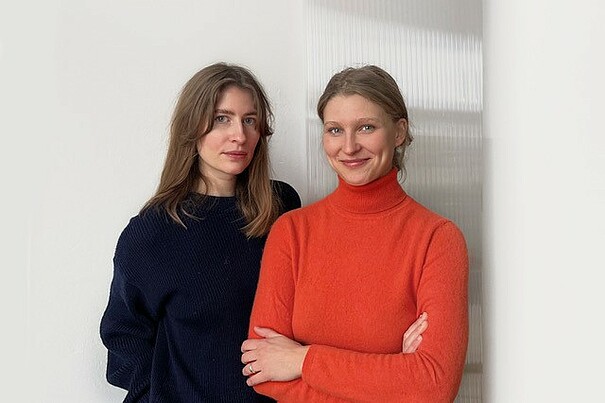
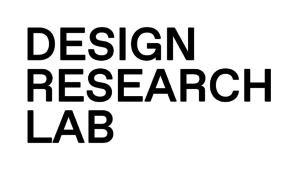
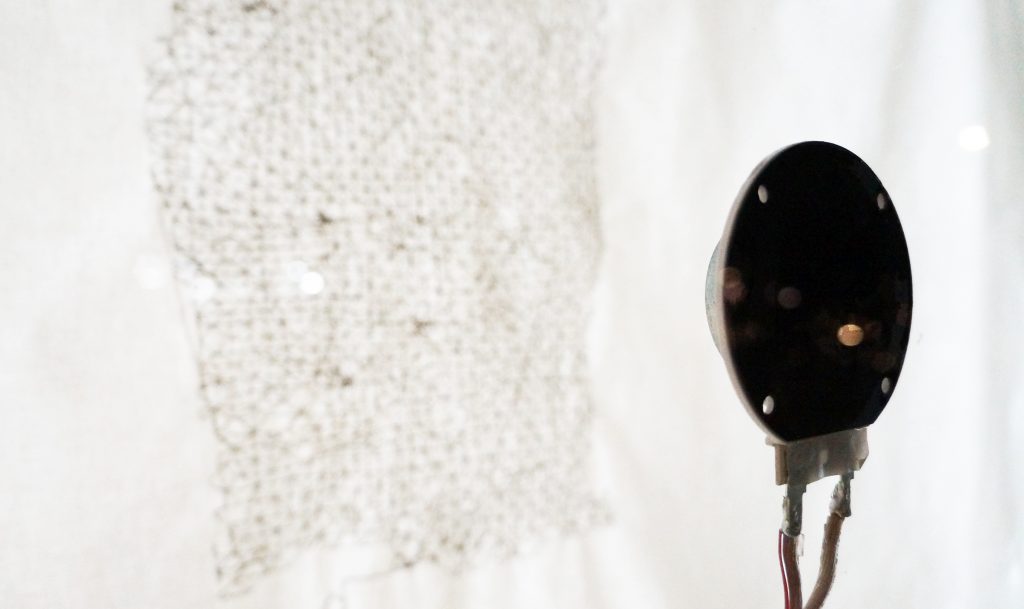
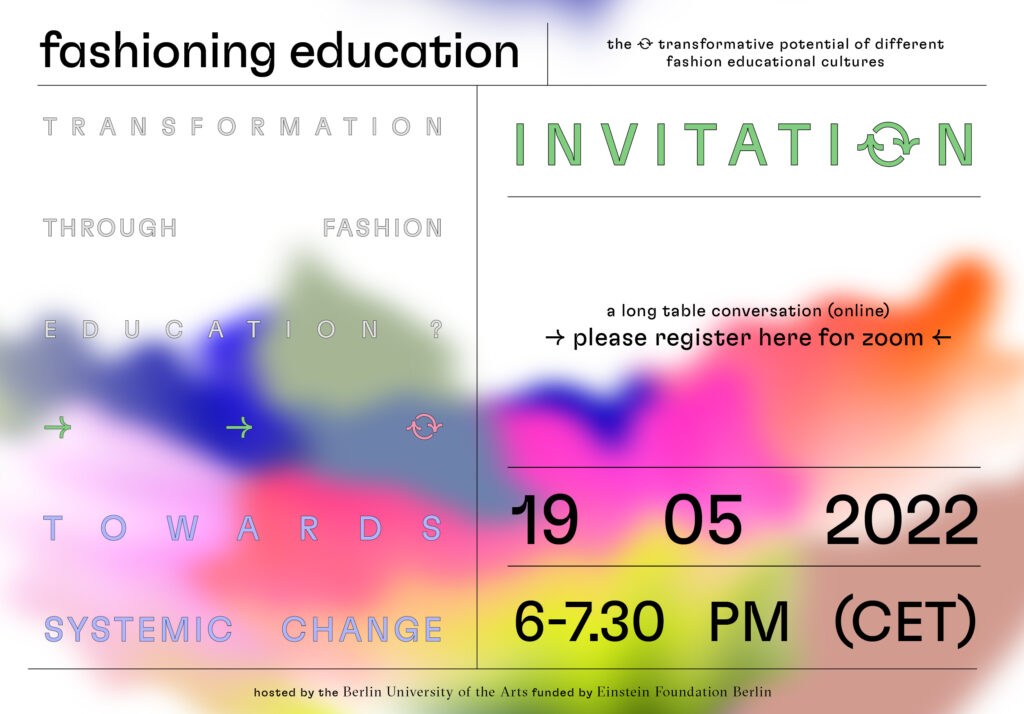
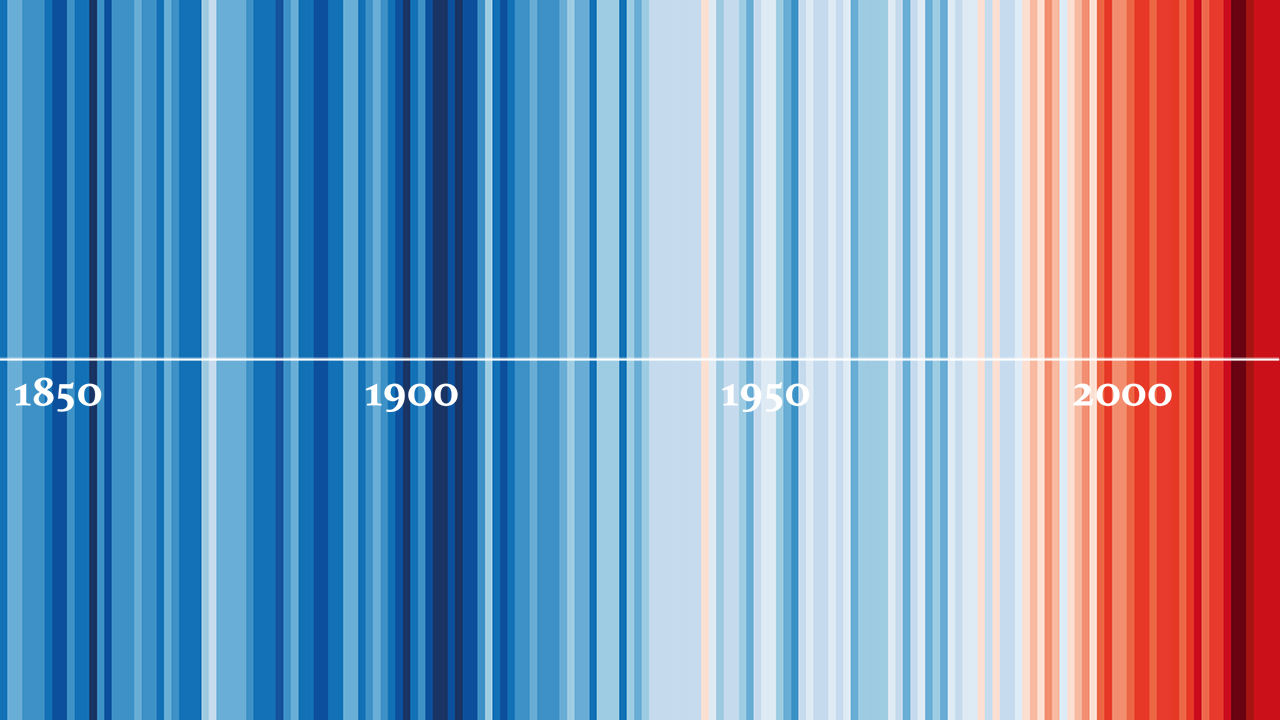 Ed Hawkins: warming stripes
Ed Hawkins: warming stripes